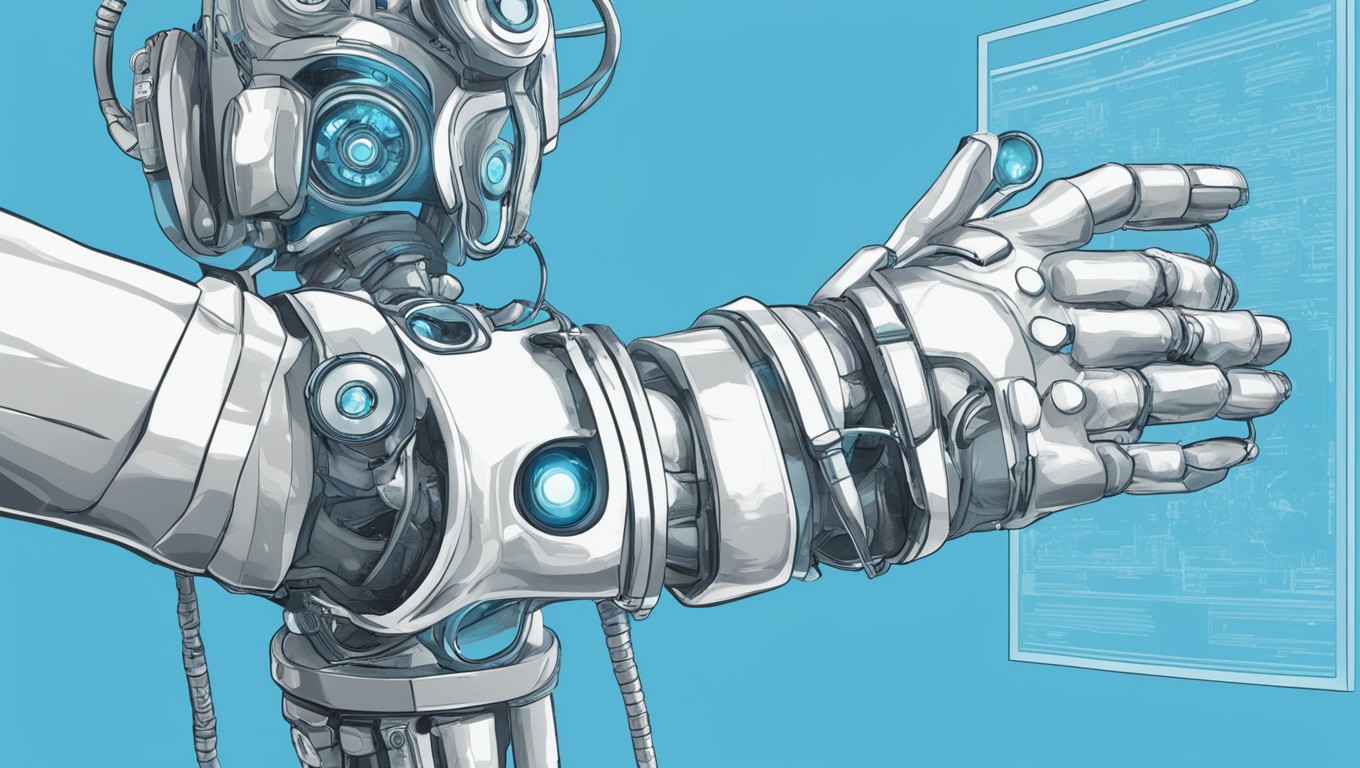In a shocking revelation that has left the medical community stunned, a recent study has shown that chatbots may be better at diagnosing illnesses than doctors themselves. This unexpected finding has challenged the notion that artificial intelligence (AI) can only augment human capabilities, rather than surpass them.
Dr. Adam Rodman, an esteemed expert in internal medicine, had high hopes for AI-powered chatbots in assisting doctors with diagnoses. However, a study he helped design delivered surprising results. Doctors who had access to ChatGPT-4, an AI-powered chatbot developed by OpenAI, alongside conventional resources, only marginally outperformed their peers who did not have access to the chatbot. What was truly astonishing was that the chatbot alone outperformed the doctors, scoring an impressive average of 90 percent when diagnosing medical conditions and explaining its reasoning.
Upon learning of these findings, Dr. Rodman admitted, “I was shocked.” The study not only showcased the chatbot’s superior performance but also revealed an interesting aspect of human behavior. Doctors, even when presented with a potentially more accurate diagnosis suggested by the chatbot, showed a tendency to stick to their own initial diagnosis, displaying unwavering confidence in their decision-making.
ChatGPT-4’s impressive performance in diagnosing illnesses raises important questions about the future role of AI technology in healthcare. With its ability to quickly analyze vast amounts of medical data and provide accurate diagnoses, chatbots like ChatGPT-4 could potentially revolutionize the way healthcare professionals approach their work.
However, despite the promising results, it is important to note that chatbots cannot replace the expertise and intuition of human doctors. Dr. Jack Morgan, a leading figure in the field of AI in healthcare, remarks, “While chatbots can be invaluable tools in assisting doctors with diagnoses, it is crucial that they are viewed as supplementary rather than as replacements for human expertise. The human touch and intuition in medicine are irreplaceable.”
The study’s findings have sparked discussions within the medical community on how best to integrate AI technology into healthcare practices. Some argue that AI-powered chatbots can serve as valuable decision support tools, providing doctors with additional information and alternative perspectives. Dr. Maria Lopez, a physician involved in the study, explains, “Chatbots can serve as a kind of ‘second opinion’ for doctors, helping them consider alternative diagnoses and improving the overall accuracy of their conclusions.”
It is clear that there is still much to explore and understand when it comes to the relationship between AI, chatbots, and traditional medical practices. The study’s unexpected results have brought to light the need for further research and ongoing collaboration between AI experts and healthcare professionals.
As we move forward into the future of healthcare, it is essential to strike a balance between embracing the potential advancements of AI technology and upholding the invaluable human connection between doctors and patients. This delicate harmony will not only ensure the best possible care but also embody the essence of medicine itself – a fusion of science, empathy, and intuition.





Use the share button below if you liked it.